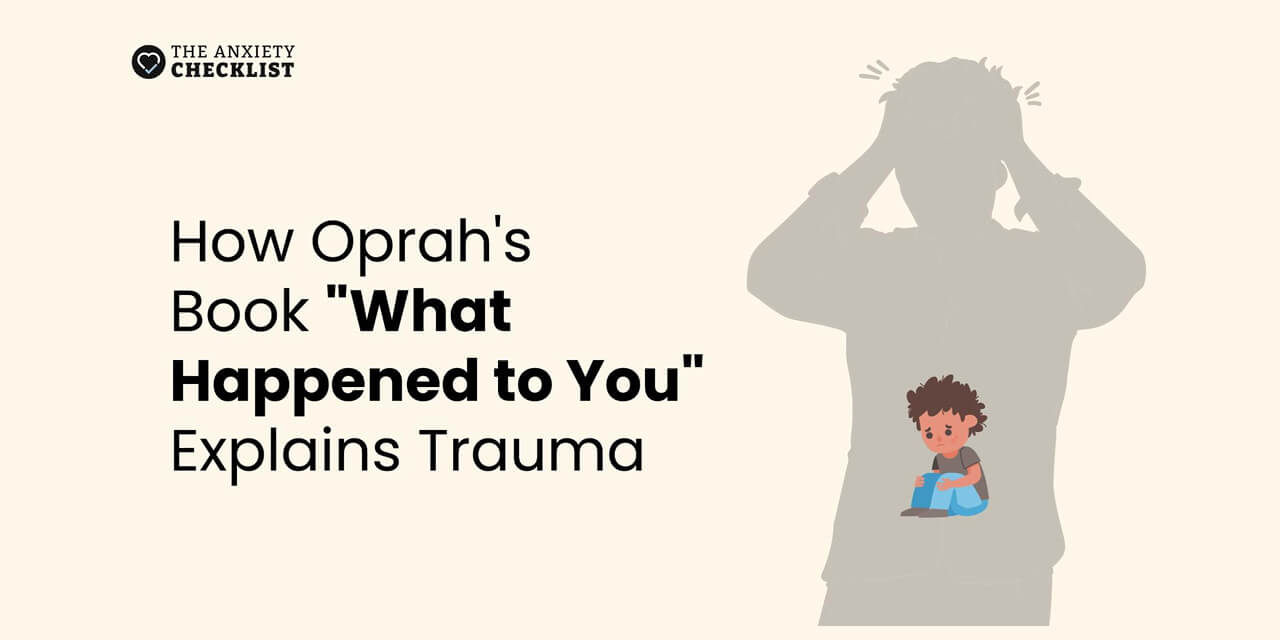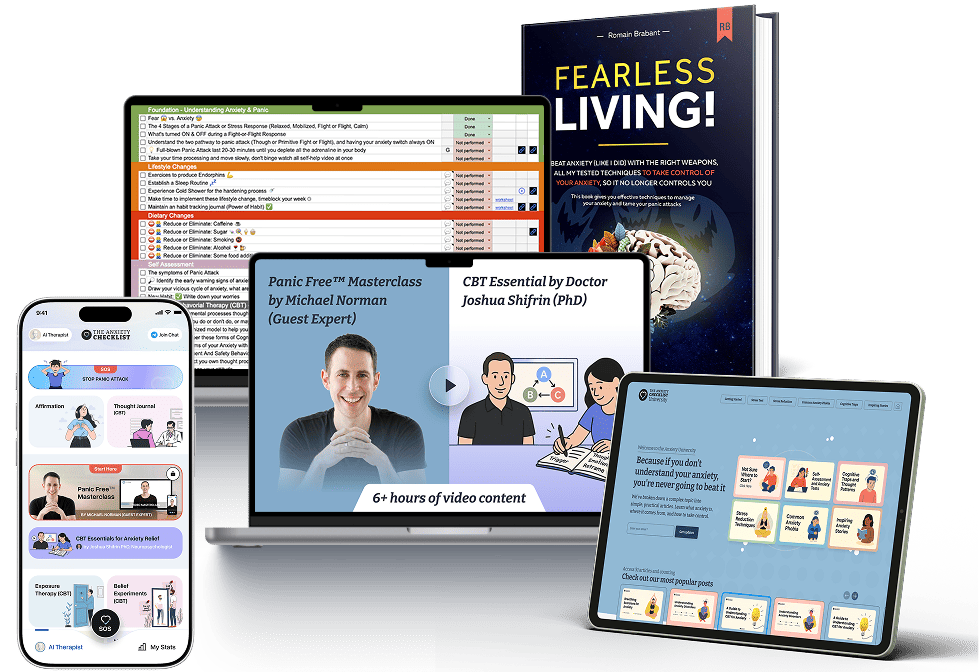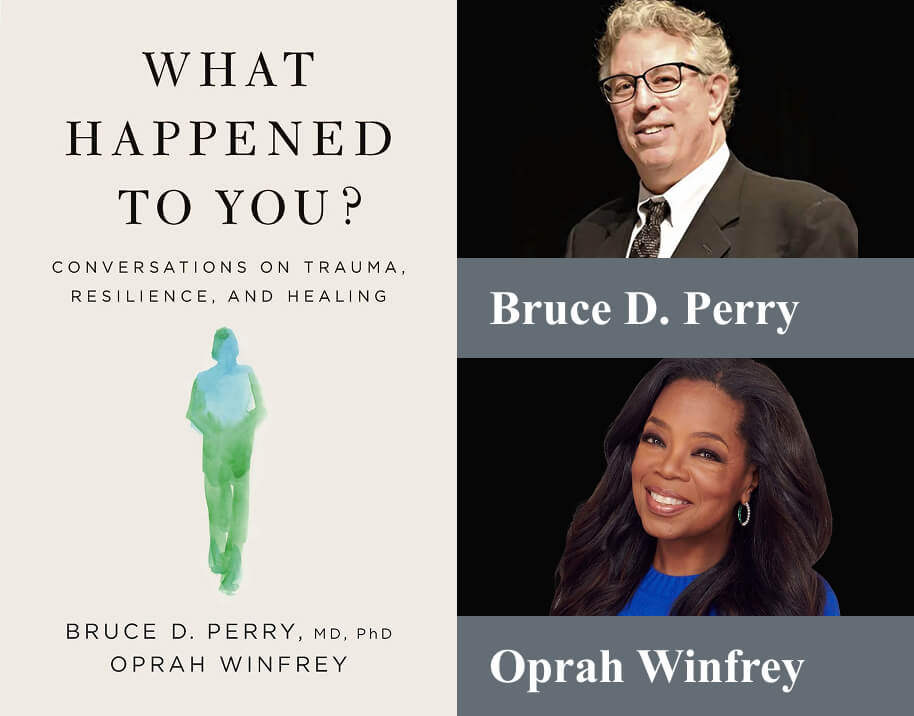
When anxiety hits, do you know what to do next?
Learn how to calm your body, interrupt fear loops, and regain control step by step.
What Happened to You: A New Take on Trauma and Anxiety
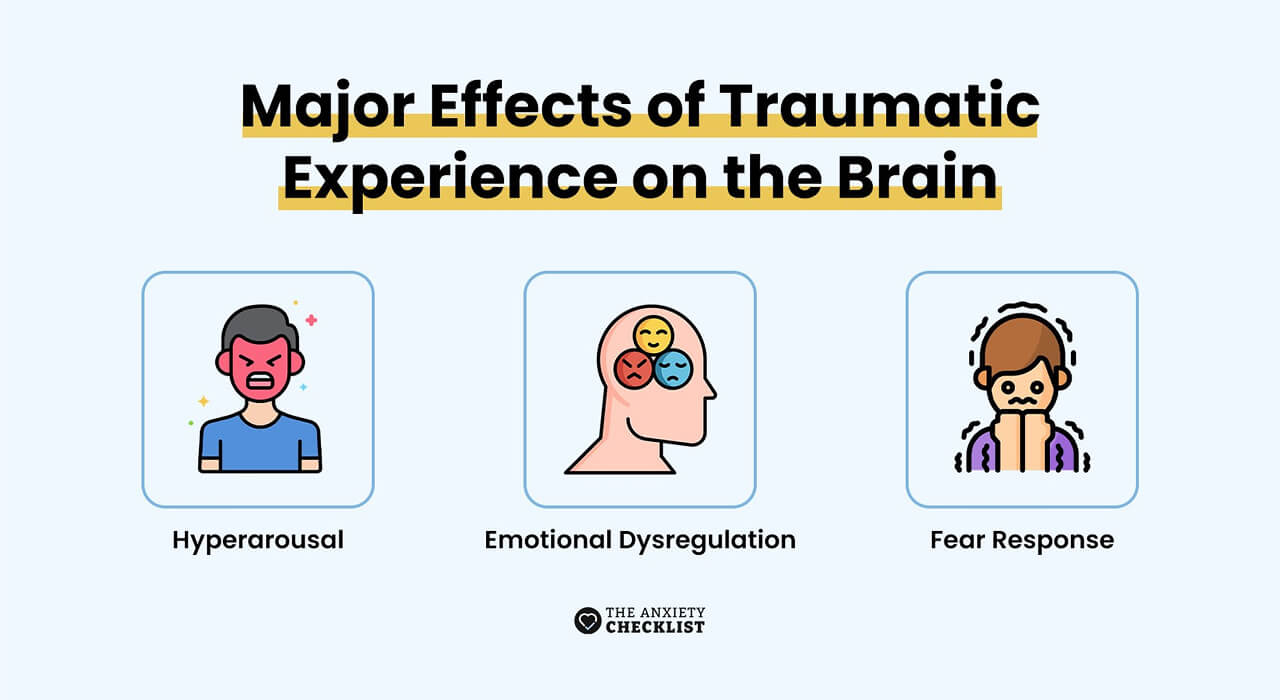
How Trauma Shows Up As Anxiety
Trauma is difficult to address, and sometimes you don't even realize its profound effects on you. Sometimes, it whispers through restless thoughts, social withdrawal, and a tensed body.
When a child endures emotional wounds, their brain adapts for survival. This then results in a nervous system that stays on high alert, even in calm situations.
Here are a few signs that trauma may be driving your anxiety:
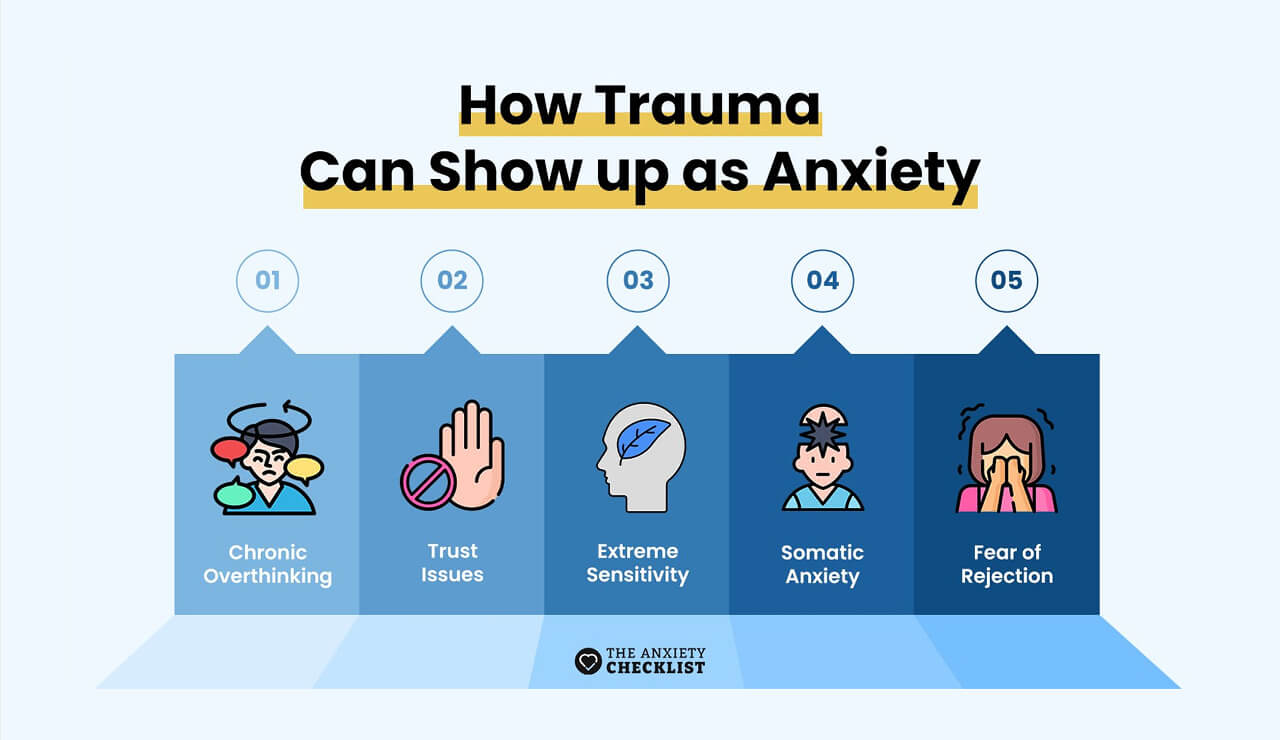
Oprah Winfrey’s Personal Journey Through Generational Trauma
Healing Approach Inspired By Oprah’s Journey
“What Happened to You” shows that Oprah didn’t overcome her wounds by ignoring them. She confronted them head-on, with courage and intention.
In her book, she said, “Your wound is probably not your fault. But your healing is your responsibility.” Recognizing the symptoms is only the beginning; true progress comes from taking responsibility for your healing.
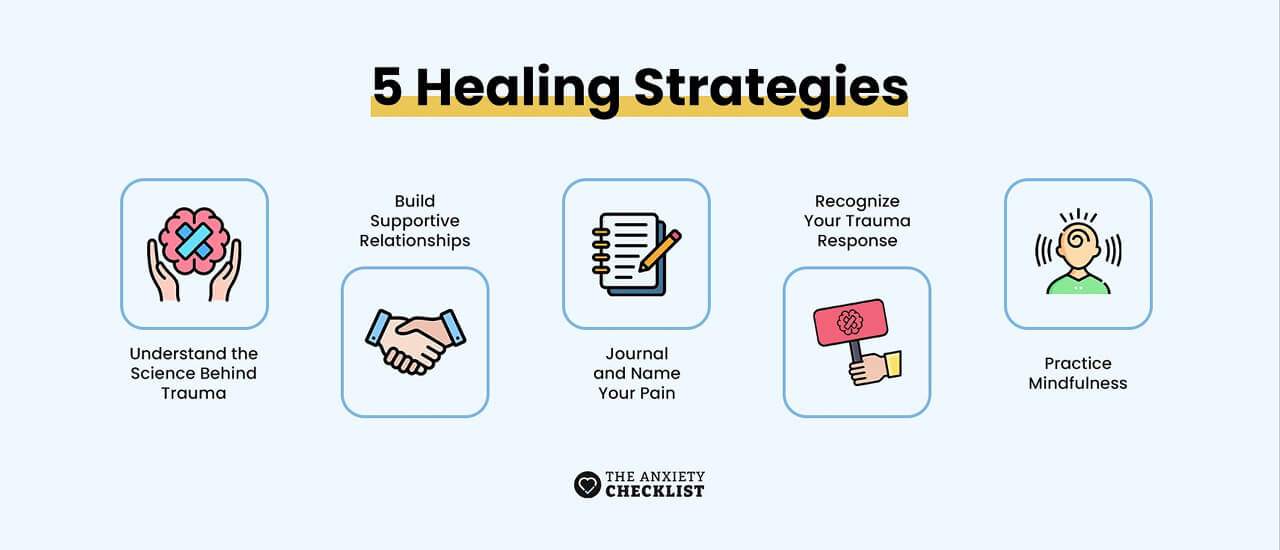
Understand the Science Behind Trauma
In “What Happened to You,” co-author Dr. Bruce Perry explains how trauma affects the brain. Understanding this can help you shift from self-blame to self-compassion.
Build Supportive Relationships
Don’t allow the fear of being alone to rid you of happiness and healing. Surround yourself with mentors, therapists, and trusted friends. There’s healing power in relationships.
These people can help you feel seen, heard, and safe, which is essential for overcoming the lasting effects of trauma.
Journal and Name Your Pain
Putting your experiences into words is also a powerful step in processing them. Writing about how you feel and naming the pain you’ve endured creates a pathway to understanding and releasing the emotional weight you carry.
Recognize Your Trauma Response
Habits like people-pleasing, overachieving, and perfectionism are often trauma responses. Recognizing the emotional wound underneath these habits is very important when healing.
Practice Mindfulness
Mindfulness practices like meditation, breathing exercises, or simply grounding yourself in the present can help you slowly break free from trauma. These simple grounding techniques help you reconnect with your body and mind and alleviate anxiety and stress.
The video below shows how people from around the country joined Dr. Perry and Oprah’s conversation on the book to share their experiences and receive advice on how to heal and move forward from their personal traumas:
Key Lessons From “What Happened to You”
In “What Happened to You,” Oprah shared stories from her life and vulnerable moments from her past. She revealed how early trauma shaped her emotions, relationships, and lifelong responses to stress.
She stands as a living example of how childhood trauma plays out. Her story is a testament to how deep-seated trauma can shape a person’s life.
Here are some of the key lessons to note from her story:
1. The Brain Prioritizes Survival Over Safety
If you grew up in chaos, your brain likely learned to focus on survival — not feeling safe. Instead of worrying about things like school or friendships, you may have spent your energy trying to avoid emotional pain, conflict, or harm.
Over time, this survival instinct can show up as people-pleasing, perfectionism, or needing constant validation.
Not because you’re “too sensitive,” but because your nervous system was shaped to expect danger. And it’s still trying to protect you, even now.
2. Being Seen Can Heal
One of the most powerful things that can happen during healing is feeling truly seen by someone, even just one person.
Maybe it’s a teacher, a friend, a partner, or a therapist. When someone really sees you, sees your pain, your potential, your story — it starts to undo the belief that you’re alone or unworthy.
You don’t need a crowd of people to understand you. Sometimes, one safe relationship is enough to remind you that you matter.
3. Relearning Trust is Part of Healing
If you often expect people to let you down, you're not broken, you’re responding exactly how someone would if trust was violated early on.
Healing doesn’t mean forcing yourself to “just trust” again. It means giving yourself time to slowly, carefully learn that not everyone is going to hurt you.
Your reactions aren’t crazy. They’re survival strategies. Once you recognize that, you can start building new patterns — rooted in awareness, not fear.
4. Unresolved Childhood Wounds Shape Your Behavior
If you constantly strive for approval, overachieve, or feel like you need to “earn” your worth, you’re not attention-seeking — you’re expressing pain.
These patterns often come from wounds that were never acknowledged, let alone healed.
But the good news? Your behaviors aren’t random. They’re clues. And once you start connecting those dots, you can begin to unhook from the pain and see yourself with more compassion and understanding.
5. It’s Never Too Late to Heal
The most powerful message in “What Happened to You” is that healing doesn’t have a deadline.
Even if you’re well into adulthood, it’s not too late. You can still go back, with gentle curiosity, and begin to untangle what hurt you.
Your past may explain your behavior — but it doesn’t have to decide your future. You have the power to break cycles, rewrite your story, and create a life that feels safer, lighter, and more your own.
Her story proves that you’re never too old to rewrite your story. No matter where you are in your journey, Oprah Winfrey’s book reminds us that it’s possible to live a healthy life and heal at any age.
The past may explain your behavior, but it doesn’t have to dictate your future. In this video, Oprah reflects on the lasting effects of generational trauma and how she consciously worked to break the cycle:
6. The Power of Compassion in Healing
When you’re healing, self-compassion is necessary. You might be hard on yourself, especially if you feel like you “should be over it by now.” But healing isn’t linear, and it’s not about pretending the past didn’t happen.
It’s about understanding yourself—why you feel anxious, why you react certain ways, and how your story shaped you.
When you approach yourself with curiosity instead of judgment, you begin to shift. You stop fighting yourself and start building trust with the one person who matters most—you.
7. The Role of Therapy and Support
You don’t have to do this alone. Healing often needs a safe space — and sometimes, that space is therapy.
Whether it’s a therapist, a support group, or a deep conversation with someone who gets it, these moments can help unlock parts of yourself you didn’t even know needed care.
You deserve to be supported. You deserve to feel safe, heard, and held. And slowly, with the right support, it is possible to unlearn the pain and grow into the person you were always meant to be.
Frequently Asked Questions
It encourages readers to ask, “What happened to you?” instead of “What’s wrong with you?” to better understand the root of your emotional struggles.
Understanding these wounds can help explain many emotional triggers and patterns people experience today, especially ones related to anxiety.
We recommend reading “What Happened to You” by Oprah or “Heal Your Wounds” by Lise Bourbeau to help you find your true self.
Final Thoughts
Previous Article
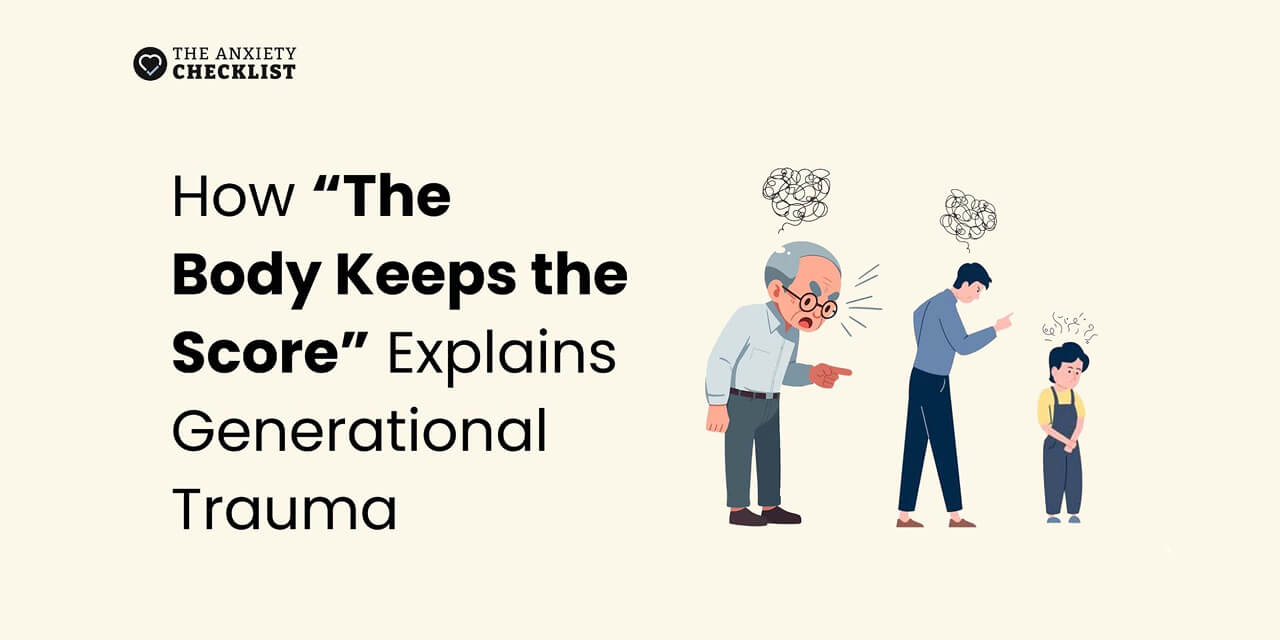
How “The Body Keeps the Score” Explains Generational Trauma
Next Article
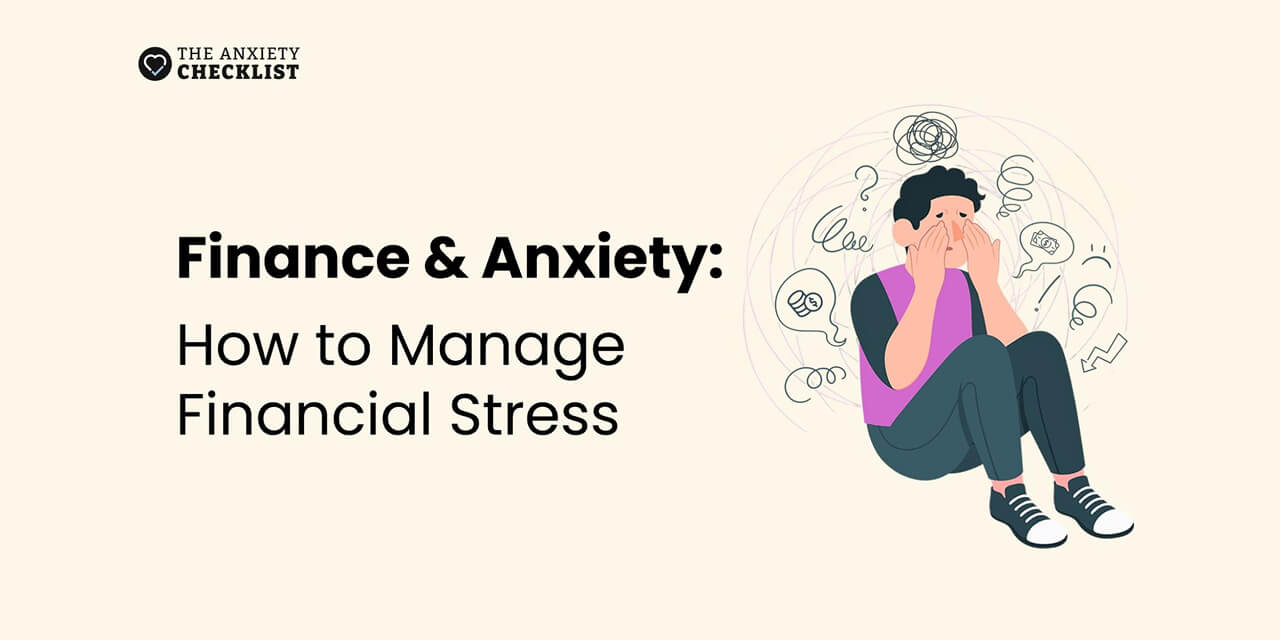
Finance & Anxiety: How to Manage Financial Stress
If you are in a crisis or any other person may be in danger - don't use this site. These resources can provide you with immediate help.


